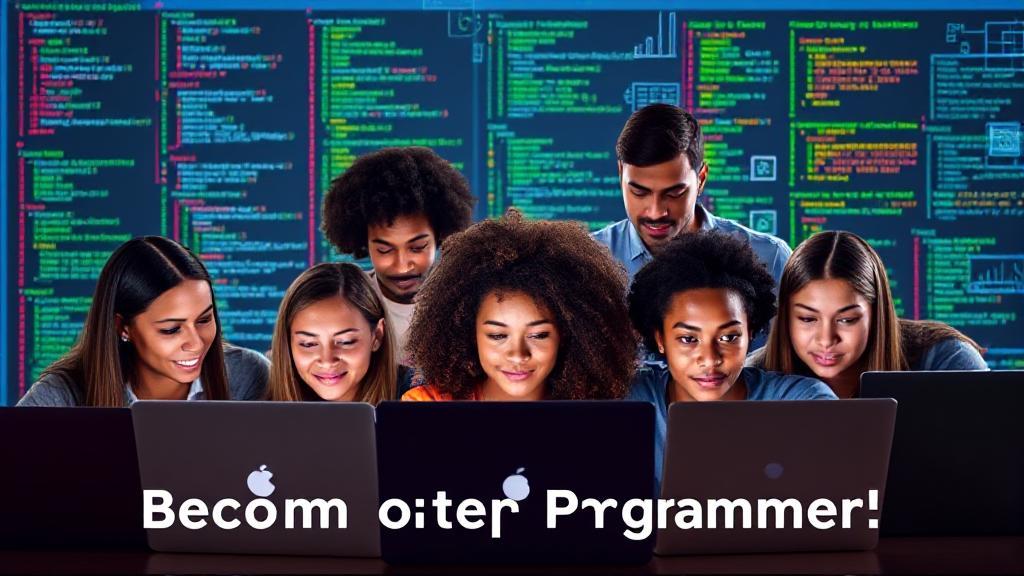Introduction
In today's digital age, computer programming is a highly sought-after skill that can open up a world of opportunities. Whether you're looking to start a new career, enhance your current job, or explore a new hobby, becoming a programmer requires dedication and continuous learning.
Assess Your Interest and Aptitude
Before diving in, ensure programming aligns with your interests and strengths. Successful programmers typically enjoy:
- Problem-solving
- Logical thinking
- Attention to detail
- Continuous learning
- Creative solutions
Understanding the Basics
Before diving into coding, it's crucial to understand fundamental programming concepts:
Key Concepts to Learn
- Algorithms: Step-by-step procedures for solving problems
- Data Structures: Ways to organize and store data efficiently
- Variables and data types
- Control structures
- Functions and methods
- Object-oriented programming
Choose Your Path
Traditional Education
A computer science degree from an accredited university provides:
- Comprehensive theoretical foundation
- Structured learning environment
- Networking opportunities
- Internship connections
Self-Taught Route
Many successful programmers are self-taught through:
- Online learning platforms (Codecademy, freeCodeCamp)
- Video tutorials
- Coding bootcamps
- Personal projects
Select Your First Programming Language
Consider starting with one of these popular languages:
- Python
- Readable syntax
- Extensive libraries
- Strong community support
- JavaScript
- Essential for web development
- Widely used
- Immediate visual feedback
- Java
- Object-oriented programming
- Enterprise-level applications
- Android development
Essential Tools
Development Environment
Version Control
Learn basic Git commands:
Practice and Build Projects
Programming is a skill best learned by doing:
Tips for Effective Practice
- Work on personal projects
- Contribute to open-source projects on GitHub
- Participate in coding challenges on LeetCode and HackerRank
- Build a portfolio showcasing your work
"Code is read much more often than it is written." - Guido van Rossum
Join the Community
Engage with other programmers through:
- Stack Overflow
- Local meetups
- Programming forums
- Tech conferences
Gain Professional Experience
Internships and Entry-Level Positions
Look for:
- Junior developer roles
- Apprenticeships
- Graduate programs
- Internship opportunities
Continue Learning
Technology evolves rapidly. Stay current with:
- Industry trends
- New programming languages
- Framework updates
- Security practices
- Development methodologies
Soft Skills Development
Enhance your professional value with:
- Communication skills
- Team collaboration
- Time management
- Problem-solving
- Adaptability
Remember that becoming a programmer is a journey, not a destination. With dedication, persistence, and continuous learning, you can build a successful career in programming. For more resources, visit MIT OpenCourseWare, W3Schools, or MDN Web Docs.
